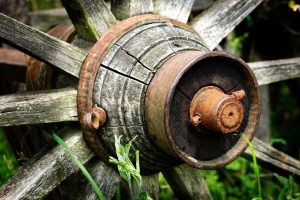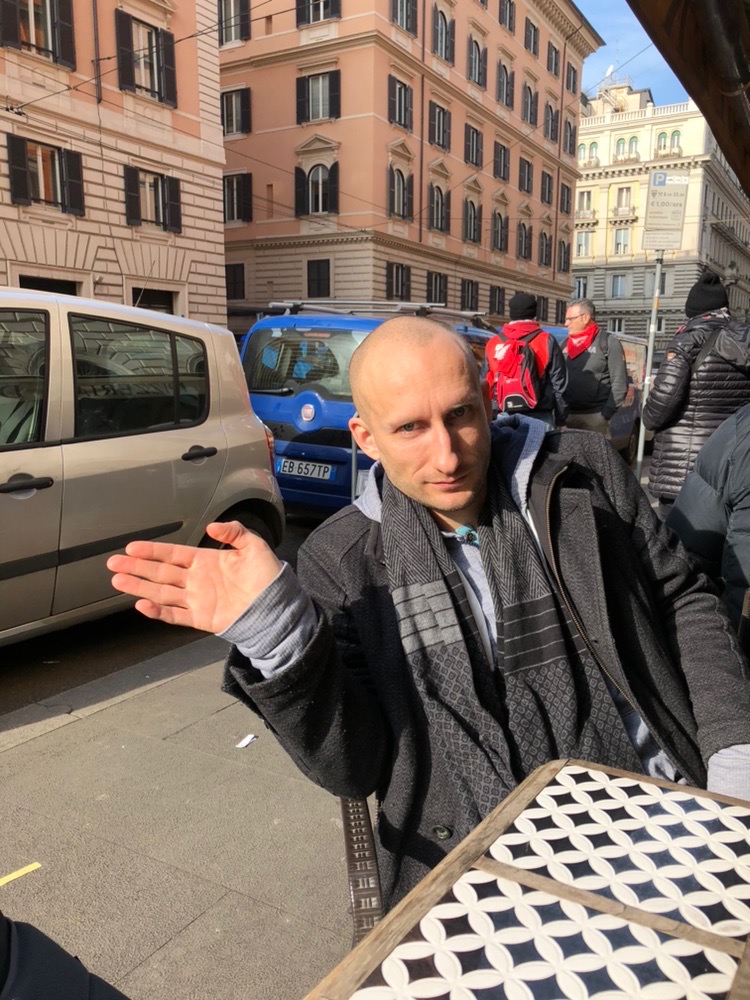
Death
„Now I am captive. My body is in irons in a dungeon; my mind is imprisoned in an idea, — a horrible, a bloody, an implacable idea! I have only one thought, one conviction, one certainty! condemned to death!
Hugo, V.: The Last Day of a Condemned Man, Digireads.com Publishing 2010, S. 13.
Unlike the convict, from whose perspective Victor Hugo describes the cruelty of the death sentence passed by man, most people do not know when they will die. The clock runs down from the beginning, but its ticking often recedes into the background. Those who are truly aware of their own demise can often physically feel the impact that ideas can have. After all, there can be no question of a death experience. Instead, it is usually the death of other people that we have to experience and which we cannot so easily banish to the background in comparison to the brief thought of our own death.
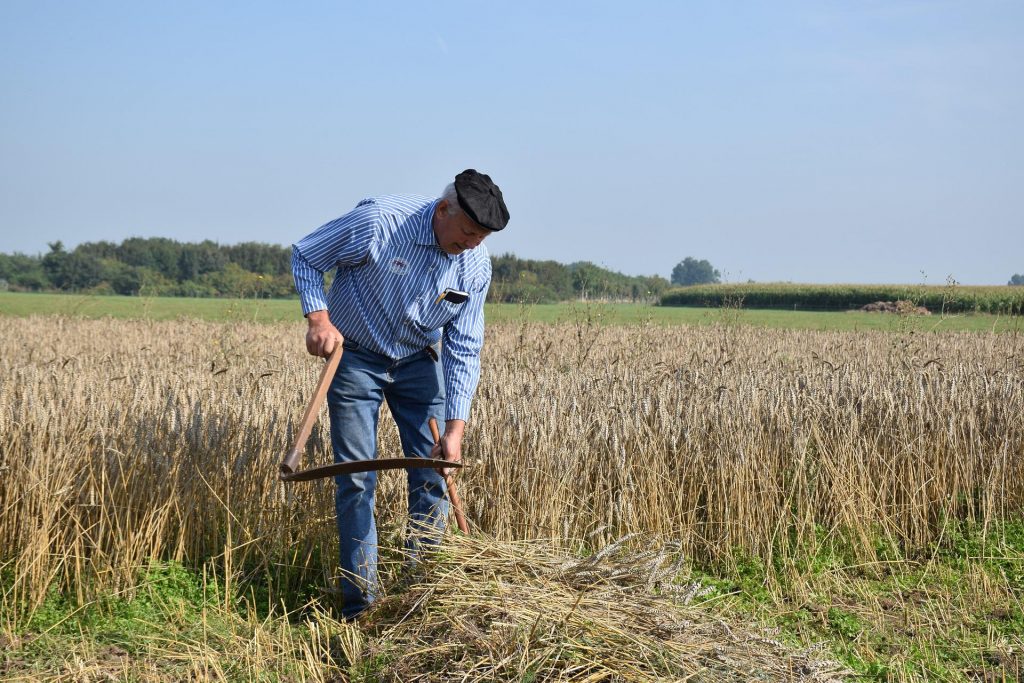
Humans, as well as some other animals, have coping rituals for the death of others. They say goodbye to the dying, bury the bodies, drink to the lost. Embedding the death of relatives and acquaintances into the lives of those left behind gives structure to their own stories. I never saw the death of a person, only part of the dying. I remember only extremely vaguely the cancer-stricken look on my grandfather’s face when I visited him for the last time, accompanied by my parents. My older brother did not want to come with us at that time. I was told that my grandfather said afterwards that I could be counted on. I have never forgotten that.
He was a strict, hard-working man. When I spread the contents of my school cone on the carpet to sift through it, my grandfather warned me not to eat it all at once, but to divide it up carefully. As I realized much later when I did the math, he must have been seriously ill on the day I started school. At the quarry pond 10 minutes from the outskirts of the city, he and my grandmother had leased a tiny little plot of land with a bungalow for a long time. He had built the wooden hut himself, as well as the rest of this small “settlement” on the water.
Toward the end of World War II, he fled his home in what is now the Czech Republic, met his future wife a short time later, and built a new life for himself. They certainly knew what deprivation was, and yet I still know him as someone who always referred to kale as “carnival food” and turned fat pork sausages on the grill at the lake in the summer. His colon cancer probably shared that attitude. When my parents, brother and I would drive back home to town after a day at the gravel beach, with coffee and cake and those aforementioned sausages, he would run after us to the gate every time and drum on the trunk as a goodbye, my grandpa. My brother and I rolled over with joy in the car.
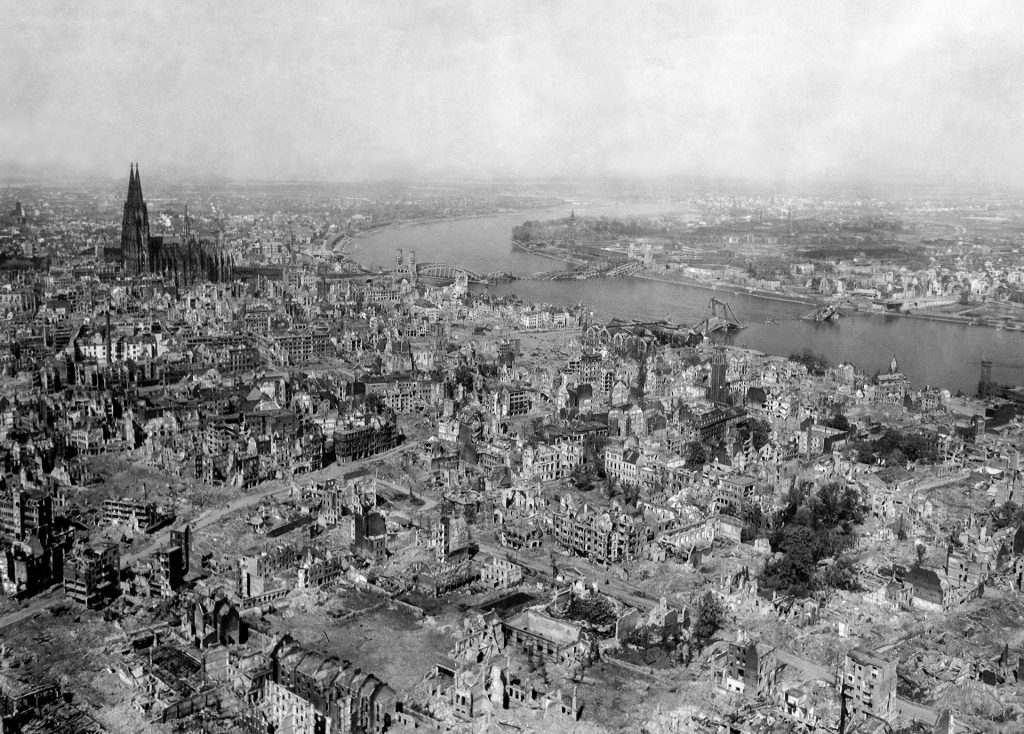
Would I have become a different person if I had not seen him vegetate then? What would it have done to me if I had seen his last breath, which he took only when all the adults were present? 10 years later my brother had a fatal accident, without any warning. After his birth, Grandpa was beside himself with joy. My last conversation with my brother was an argument about the seat in front of the television. One of my grandmothers died in the nursing home. On my last visit, she didn’t even recognize me. She had fallen back in her lifetime to a year, since I had not yet been born. We were never particularly close. As she was burned to ashes in front of us in a small urn waiting to be buried in a hole in the ground, the speaker brought to light landmarks of the deceased’s life. Traces of intersecting lives. Born in the aftermath of the First World War, she experienced her youth during the period of German National Socialism. She had three children by three different men. Her youngest child, my mother, was born because a friend of my grandmother’s prevented the very pregnant woman from accompanying her one evening to the theatre, which was hit during the night by Allied bombs and thus became a death trap for everyone inside.
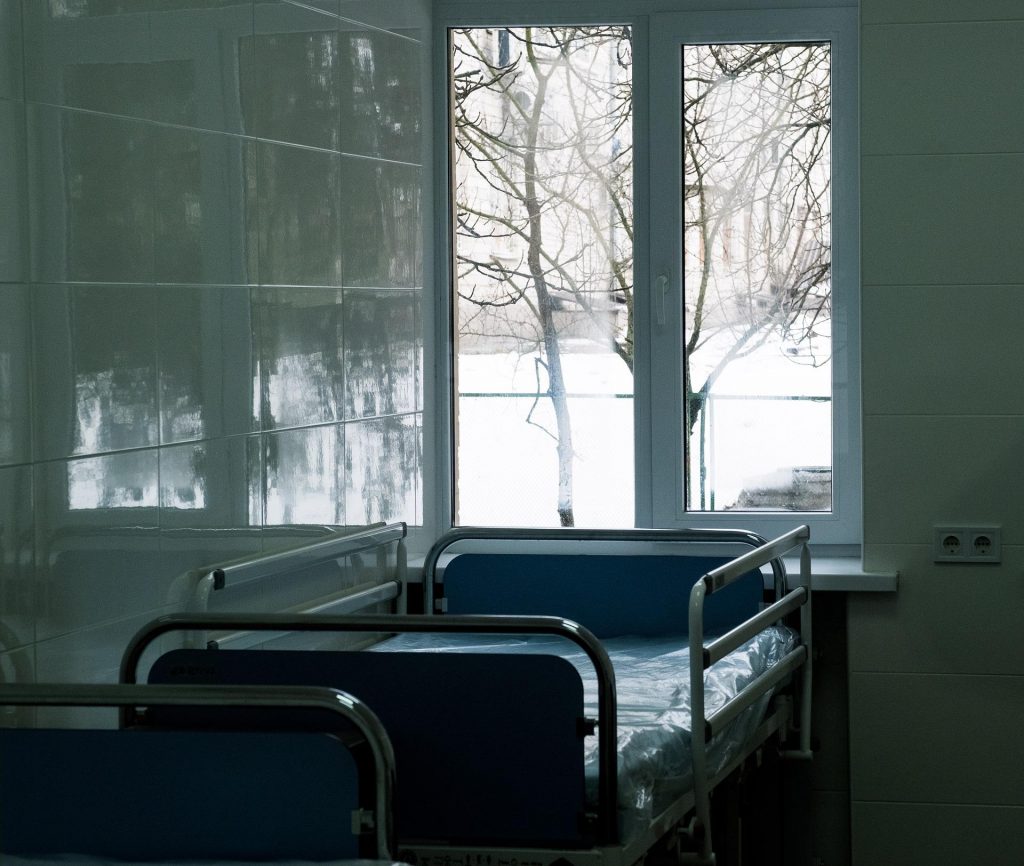
Her eldest son slipped at home a few years ago and lay on the floor for two days before being taken to the hospital half-dried. When he seemed to be getting better, he died that night in the hospital bed. His brother died a long and agonizing death. Year after year he seemed to shrink into himself and at some point his body was not even held together by his unconditional will to live. His last moments were accompanied only by his wife, who held my uncle’s hand until the end. I often ask myself whether he, who always wanted to live, accepted death at the last moment, or whether he was surprised by it in a moment of distraction and, as it were, snapped out of it.
It is difficult to recognize the coming of one’s own death, how much more difficult it must be to know it immediately before oneself. In Tolstoy’s “The Death of Ivan Ilyich”, among other things, we are told about the experienced powerlessness in the face of such a fate. The inner life of the protagonist is presented to us and we get an impression of the almost cosmological injustice of the inevitable passing. But we also read about the discomfort and hypocrisy of Ivan Ilyich’s neighbors, who do not want to face the death care and instead fob him off with empty wishes for recovery and phrases and leave him alone. Only the Ilyich’s servant honestly faces the inevitable and thus helps his master also to see his hitherto forfeited life and to find a conclusion. Ivan Ilyich found this form of truthfulness towards his own life only shortly before his end.
If one does not sink into panic and worry, death seems to be able to sharpen the thoughts about the own life also peculiarly. Schopenhauer even thinks that without the prospect of death, there would be no philosophizing at all. Perhaps the sharp cut of death focuses us on the essential, lifts us out of the everyday chatter about banalities. Possibly, however, the ordinary is perceived by the conscious of death, the dying or his companion as more significant or filled with significance. At least this is how the great Japanese poet Issa describes it in The Last Days of My Father. There, too, we are reminded, however, that temporal and spatial proximity to death or to the dying person does not necessarily help us to detach ourselves from the vain adversities of the life of the soul. Issa’s mother-in-law meets the once outcast wandering poet, who has come to care for the departing father, with scheming discord and without indulgence or recognition of the persons or circumstances involved.
It does not help to age alone to become wiser or even wiser. Nevertheless, in the life experience sometimes insights arise which one cannot transfer so simply by transmission of previous experiences of others. Then we see, for example, in retrospect, how we should have been when we could not yet be like that. Sometimes I wish I could go back and spend some time with the now dead. Go to a pub with one of them, drink beer and Doppelkorn and smoke strong cigarettes. To listen to the other one simply, if he reads crumbly a poem, which to recite was nevertheless obviously important to him. Or just hovering unseen over a birthday party in my parents’ backyard to see them all hilariously together once again. But this uninvolved and detached view is also an illusion that feeds on omissions, which we always only become aware of too late, when death has already cried in our midst.
Death is great… (Rainer Maria Rilke)
Death is great.
We are his completely
With laughing eyes.
When we feel ourselves immersed in life,
he dares to weep
immersed in us.
MM, Zürich
Hilf uns dabei, eine weltumspannende Collage an Erfahrungsberichten zu Weisheitsthemen zu sammeln und miteinander ins Gespräch zu bringen.
Die Erde ist eine Scheibe. Zwei mal zwei macht vier. Viren gibt es nicht. Zucker kann Karies verursachen. Die Wirtschaften der Welt werden von einer unsichtbaren Hand zum größtmöglichen Glück aller gelenkt.
Wahrheiten und Unwahrheiten bestimmen unser Leben. Welche Wahrheiten sind überhaupt relevant? Welche Illusionen gefährden eine gelungene Lebensführung?
Der Tod ist groß.
Wir sind die Seinen
Lachenden Munds.
Wenn wir uns mitten im Leben meinen,
wagt er zu weinen
mitten in uns.
Liegt im Dao das Gute Leben verborgen? Wo muss ich es dann suchen? Was ist das Dao überhaupt?
Explore further album texts
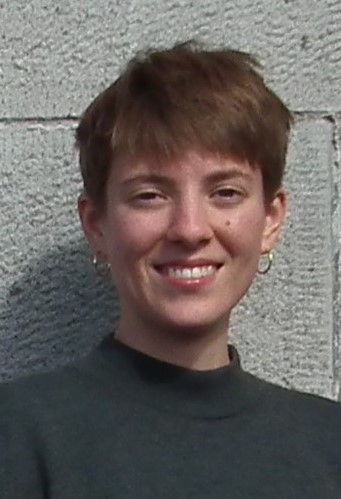
Conquering the Fear of Death or Living with Dying
She was a stranger to me, a slender, delicate person, whose bed I pushed to the service of a hospital chapel some years ago. She ccould only sit up weakly. Her watery eyes were surrounded by soft wrinkles, often gazing into space. During the service, I held her hand, not knowing what was churning inside her. It was silently shaking her, pushing her into apathy, just to drag her into restlessness a few moments later. And back again. Towards the end of the service, she began to move her lips. Voicelessly. Then she spluttered in urgency: “I am afraid! I am so afraid!” What was she afraid of?
Was it fear of death? Or was she afraid of pain, loneliness, or of losing her ability to act and orient herself in the world? I could not calm her, and neither could the nurses. This is what dying means to many, I think.
I don’t know much about death myself, only the fear of it I know. What is otherwise temporality, lifetime and natural liveliness for me, then shrinks down to a black hole that threatens to swallow me. It is a diffuse fear, detached from any concrete life-threatening situation. It is the abstract fear, that with certainty, one day I will be eternally gone. It is a fear that deludes me into knowing what exactly ‘being-eternally-gone’ means. Whereby an eternal existence does not seem more pleasant to me in such moments. In conversations with others, I learned that not everyone knows this fear of death. Some have a deep trust that the end of life does not mean a catastrophe, perhaps even something beautiful. For some, the certainty of death is a relief that makes life bearable. There are people who like the idea of eventually decaying back into that from which they happened to emerge and that they share with all existences of the universe. To others, death simply does not seem relevant to their current life. Still others fear aging or a painful death rather than death itself.
I know from ancient texts that the subject of transience and death has preoccupied people for a long time. I recall snippets of sayings such as: ‘Death is nothing to us’ (Lucretius), ‘It is not death or pain that is to be feared, but the fear of pain or death.’ or ‘What is death? Turn it and examine it. See, it does not bite.’ (Epictetus), ‘We are dying every day’ and ‘Think constantly of death so as never to fear it’ (Seneca), ‘Despise not death, but welcome it, for nature wills it like all else.’ (Marcus Aurelius). Serenity and calmness in the face of death is a sign of strength of character for all these authors. The texts seem designed to train the reader away from the fear of death. Such training would probably do me good from time to time.
But remembering the fear that poured out of the hospital bed and almost crushed the tender person in it, or thinking of my grandparents, whose days have long been dominated by oblivion, loneliness, loss, pain and their bravery living with it, then these instructions, assistances or inspirations for dealing with death suddenly seem to me to be inappropriate. My grandparents are not in any unusual situation, and neither was my acquaintance from the hospital. They are aging and plainly living toward death. I think that is what dying here and now means to many.
As proud philosophers, our ancient authors assume that by living a good (meaning philosophical) life, the mind remains lucid and lively even as the body decays with age. Even at the moment of our own death, the key to the vaunted serenity lies in controlling our minds. Considering that Marcus Aurelius, for example, spent many years in the field camp among soldiers this may well be convincing. In situations of combat, it is important to stay calm facing life danger, in order to be able to continue fighting decently. But what if our mind, just like our body, decays in old age and it is not at all a matter of conquering the fear of death, but rather of enduring this decay, this dying?
And why do we think that dying affects individuals limited by their bodies? That such shrunken individuals can and must cope with dying and death on their own? For everyone, to whom dying means growing old, dying means becoming more and more dependent. In their mobility, in their capacity for expression and orientation, in their self-control and decision-making ability.
Within a lifespan, we may at times be under the illusion of depending only on ourselves, on our strengthened bodies, our sharpened minds, or both. Probably there are indeed phases or situations in which we function well as such an individual limited to our own body. Such individuality can be advantageous. But for most of our lives, I think, we are part of larger alliances, moving in a rhythm – sometimes more, sometimes less synchronized – with others. Just as my right hand is always in relation to my left hand, the movements of my right foot determined by my left foot, so too are my decisions and actions embedded in the behavior of the people and things around me. Often smoothly, sometimes erratically and stumblingly. So why, precisely in times of intensifying interdependence, should the focus be on the individual, rather than on the alliance with others?
For those, for whom dying means aging, dying means watching their eyesight fade, listening to everything grow quieter and quieter, feeling their hands, once sure and firm, grasp at nothing. And remembering that there were times when forgetting was not omnipresent. Painful and arduous changes. For many of us, there will come a time when we need eyes to see for us; ears to hear for us; hands to guide ours; mouths to speak for us when we remain wordless; calm voices and gentle arms to hold us when we lose ourselves and tumble through the centuries in panic. We branch out, growing larger and larger, until eventually we disappear. Painful and arduous changes.
Zurich, Anna Morawietz
Hilf uns dabei, eine weltumspannende Collage an Erfahrungsberichten zu Weisheitsthemen zu sammeln und miteinander ins Gespräch zu bringen.
Die Erde ist eine Scheibe. Zwei mal zwei macht vier. Viren gibt es nicht. Zucker kann Karies verursachen. Die Wirtschaften der Welt werden von einer unsichtbaren Hand zum größtmöglichen Glück aller gelenkt.
Wahrheiten und Unwahrheiten bestimmen unser Leben. Welche Wahrheiten sind überhaupt relevant? Welche Illusionen gefährden eine gelungene Lebensführung?
Der Tod ist groß.
Wir sind die Seinen
Lachenden Munds.
Wenn wir uns mitten im Leben meinen,
wagt er zu weinen
mitten in uns.
Liegt im Dao das Gute Leben verborgen? Wo muss ich es dann suchen? Was ist das Dao überhaupt?



